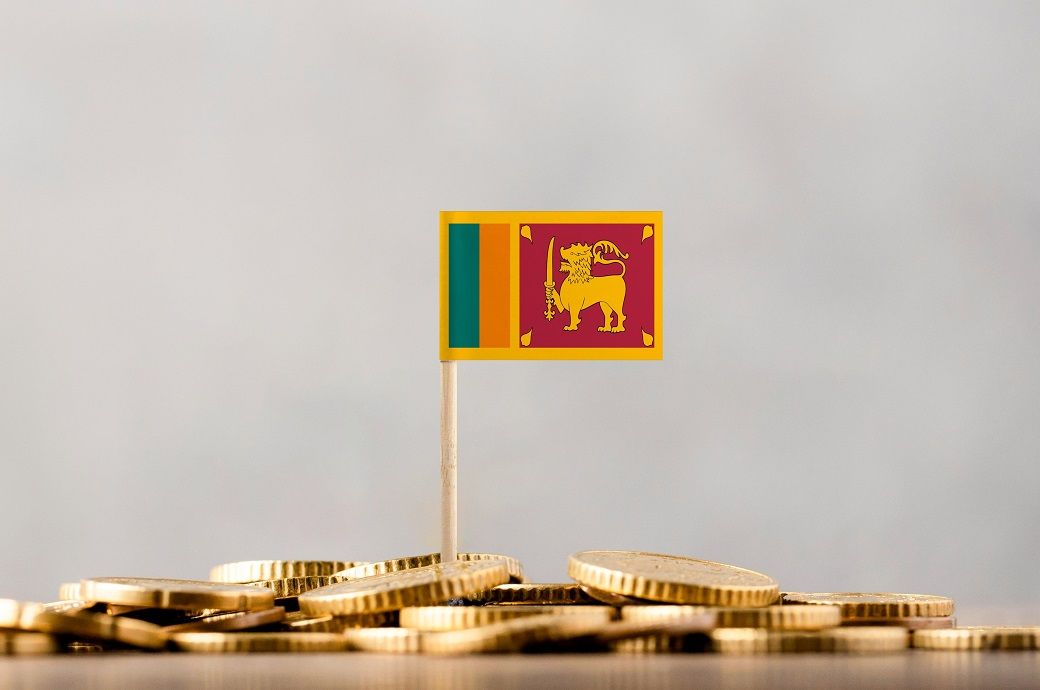
They observed that the economy has rebounded strongly and quickly, growing by 5 per cent in 2024 and in a mere 18 months recovered just under half of the output lost from the peak in 2018 to the nadir in 2023.
Sri Lanka’s macroeconomic turnaround is ‘remarkable’ though many households are yet to feel the impact, according to two IMF experts, who noted that the economy has rebounded strongly and quickly, growing by 5 per cent in 2024.
The country’s tradeable debt instruments are once again attractive to investors, credit rating was upgraded by at least three notches and high inflation has been halted.
This March marks the mid-point of Sri Lanka’s four-year economic reform programme supported by the IMF. In the two years since its inception difficult but much needed reforms were undertaken with significant gains, they wrote.
The debt relief provided by external creditors has reduced the burden the Sri Lankan people need to shoulder, and the country’s tradeable debt instruments are once again attractive to investors as they have been included in international bond indices, an op-ed piece by Peter Breuer, the IMF’s former mission chief for Sri Lanka, and Martha Tesfaye Woldemichael, the IMF’s current resident representative in the country, said on the IMF website.
Sri Lanka’s credit rating was also upgraded by at least three notches, they noted.
Skyrocketing inflation has been halted. Tax revenues as a share of gross domestic product (GDP) are up by more than two-thirds and the government’s balance excluding interest payments (primary balance) has improved by nearly 6 percentage points, they said.
External creditors have forgiven $3 billion in debt and stretched another $25 billion due in the near term or already overdue over a much longer time horizon over the next 20 years with much reduced interest rates.
Markets have rewarded Sri Lanka’s reforms with sharp declines in domestic borrowing cost from a peak of 30 per cent in 2023 to currently 8 per cent and in the sovereign risk ‘spread’ indicator in international markets from a peak of 70 per cent to 5 per cent.
Responsible international market access should be within reach in the next few years, the experts observed.
As about half of IMF programmes in Sri Lanka has had, prior to the current one, ended prematurely, often followed by economic underperformance, it is important to arrest this boom-bust cycle and manage the economy so that the recovery can be sustained even in an uncertain global environment and so that all Sri Lankans benefit from it, the op-ed added.
Fibre2Fashion News Desk (DS)

